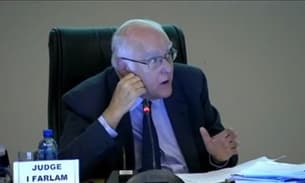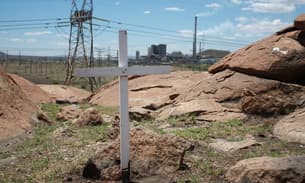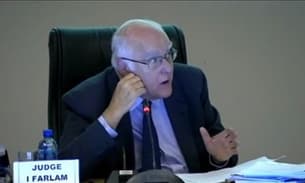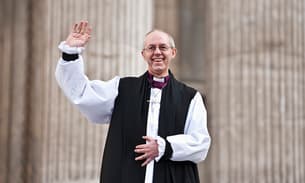
UNISON pledges to challenge Lonmin about Marikana massacre
Shareholders (Shutterstock)
Trustees of UNISON, the major British trade union, have announced they will attend the Annual General Meeting of Lonmin Plc to ask questions about the company’s role in a massacre that resulted in 34 people being shot by police on one day last year.
The announcement comes after an investigation by the Bureau was published in the Observer earlier this week. Research into the events surrounding the massacre uncovered evidence of Lonmin, the world’s third largest platinum miners, discussing its strike tactics with the police and supplying company resources to the police operation.
Read more: Questions raised about role of British company in South African mining massacre
UNISON, the Church of England and several British local councils hold shares in the FTSE 250 company.
Responding to the Bureau’s findings the Trustees of the UNISON Staff Pension Scheme asked for a report on Lonmin from their fund managers, Legal and General. The initial findings were discussed at a meeting yesterday.
A further meeting exploring the issue is also planned.
The Trustees of the UNISON staff pension scheme told the Bureau, ‘We will be writing directly to the company about our concerns and in the meantime, Trustees will be at Lonmin’s annual general meeting in January 2014 to voice their concerns and challenge the company about the Mariikana tragedy.’
The union also announced its Trustees would be liaising with the Congress of South African Trade Unions (COSATU) to gather more information on the company’s role in the tragedy.
‘The Marikana Commission of Inquiry is due to report next April and, should evidence emerge of collusion between the company and police, and played any part in the deterioration of local labour relations, the Trustees will take appropriate action to hold the company to account. This includes hoding the option to disinvest if no progress against the findings of the Inquiry is made,’ a UNISON spokesperson said.
Lonmin declined to comment on the Bureau’s findings, stating that it has undertaken not to comment publicly on issues under investigation before it has given evidence and representations to the Farlam commission.
A spokesperson said: ‘The company believes that this is vital to ensure the integrity of the inquiry, and to avoid pre-empting its processes or subsequent findings.’




